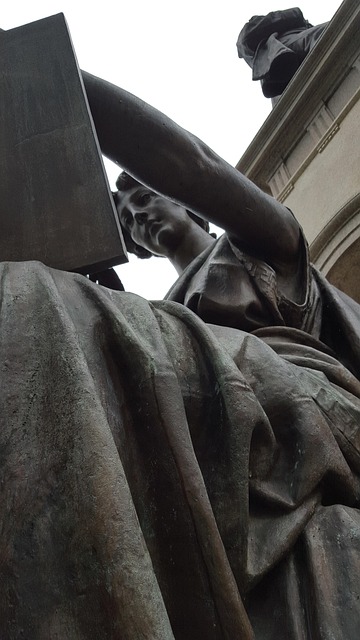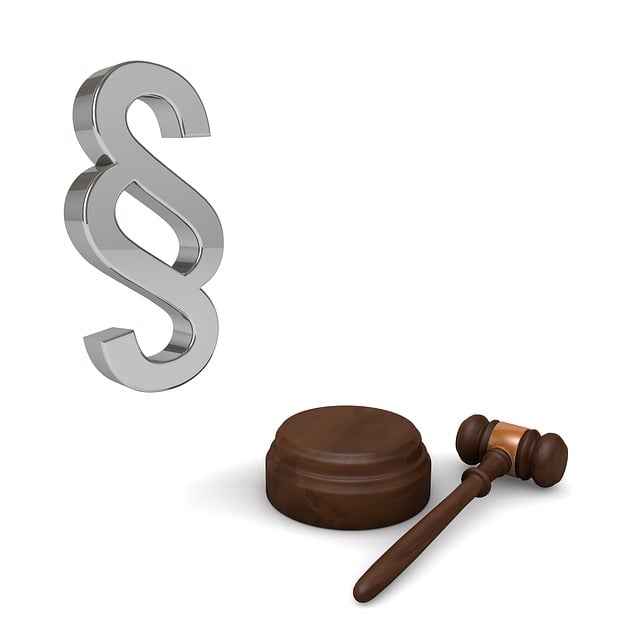Whistleblower Protection Lawsuits defend individuals exposing illegal activities, facing employer retaliation and prosecutor strategies in plea bargaining. Experienced attorneys are vital for navigating legal complexities, negotiating with prosecutors, and securing protections for whistleblowers while fostering fair resolutions that balance public interest and rights. Effective defenses, strategic planning, and knowledge of the Prosecutor Strategies in Plea Bargaining Process ensure whistleblowers' voices are heard without compromise.
Whistleblower Protection Lawsuits are crucial mechanisms enabling individuals to expose illegal activities within organizations while safeguarding their rights. This article delves into two key aspects: Understanding Whistleblower Protection, and Prosecutor Strategies in Plea Bargaining Process. By exploring effective defense mechanisms for whistleblowers and negotiation tactics employed by prosecutors, readers gain insights into navigating legal complexities, ensuring fair treatment, and fostering a culture of transparency and accountability.
- Understanding Whistleblower Protection Lawsuits: Rights and Resources
- Prosecutor Strategies in Plea Bargaining Process: Negotiation Tactics Explored
- Navigating Legal Complexities: Effective Defense Mechanisms for Whistleblowers
Understanding Whistleblower Protection Lawsuits: Rights and Resources

Whistleblower Protection Lawsuits empower individuals who expose illegal or unethical activities within organizations to seek justice and stand up for their rights. These cases are unique, as they involve complex dynamics between whistleblowers, employers, and sometimes, third-party prosecutors. Understanding one’s rights and the available resources is crucial in navigating these legal battles.
Whistleblowers often face significant challenges, including retaliation from employers. Prosecutor strategies in plea bargaining can also pose risks, but a robust general criminal defense may help mitigate these issues. With an unprecedented track record of winning challenging defense verdicts, experienced attorneys play a vital role in safeguarding whistleblowers’ rights and ensuring they receive the protection and resources they deserve.
Prosecutor Strategies in Plea Bargaining Process: Negotiation Tactics Explored

In whistleblower protection lawsuits, the prosecutor’s strategies during plea bargaining can significantly shape the outcome. These negotiations are critical in high-stakes cases where the stakes are high and the consequences severe. Prosecutors employ various tactics to reach agreements that balance justice with potential public interest revelations. One common strategy is to offer a reduced sentence or charges in exchange for the whistleblower’s cooperation, aiming to extract valuable insights while mitigating punishment.
While achieving complete dismissal of all charges might seem ideal for whistleblowers, prosecutors often seek a middle ground. They may propose reduced charges or lighter penalties, allowing the whistleblower to walk away with substantial, if not complete, relief. This approach can lead to extraordinary results, ensuring the individual’s safety and anonymity while still holding the offending party accountable. The key lies in skilled negotiation, where both sides find common ground, ultimately fostering a fair resolution that respects the public interest and the rights of the whistleblower.
Navigating Legal Complexities: Effective Defense Mechanisms for Whistleblowers

Navigating Legal Complexities is a crucial aspect for whistleblowers asserting their rights. Whistleblower Protection Lawsuits involve intricate legal strategies, requiring an understanding of both public policy and procedural nuances. Effective defense mechanisms empower whistleblowers to stand firm against potential prosecutor strategies in the plea bargaining process. A skilled attorney can help navigate these complexities, ensuring that clients’ interests are protected while pursuing justice for their disclosures.
By employing robust defenses tailored to each unique case, whistleblowers can counter potential charges and avoid unfair agreements. This involves strategic planning, thorough investigation, and a deep knowledge of applicable laws. Ultimately, successful defense mechanisms not only safeguard individuals but also strengthen the integrity of the legal system, fostering trust within the philanthropic and political communities. Achieving extraordinary results in these cases requires an unwavering commitment to defending whistleblowers’ rights and ensuring their voices are heard without compromise.
Whistleblower Protection Lawsuits play a crucial role in upholding ethical practices within organizations. Understanding your rights and recognizing effective defense mechanisms is vital. While prosecutor strategies in plea bargaining can be intricate, navigating these complexities equips whistleblowers with the tools to protect their interests. By leveraging legal resources and negotiating tactics, individuals can ensure their voices are heard and justice served without compromising their well-being.






